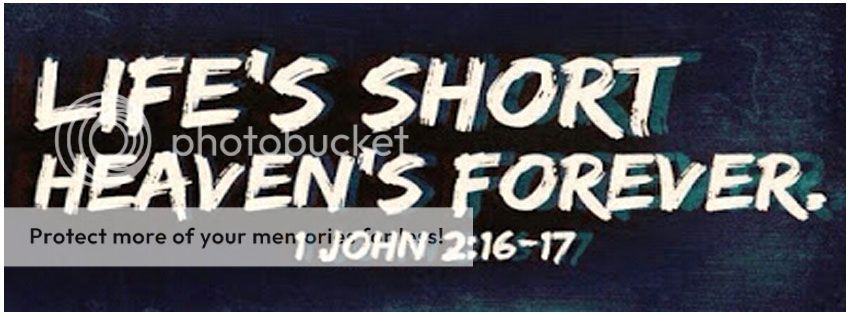“Jesus is risen. He is
Lord.”This is the great proclamation of our faith that sends a thrill of joy
through us. On this day of the Resurrection we celebrate not only the
resurrection of Jesus but also our own hope of resurrection. We are given the
assurance that because He lives we also shall live.
In
the Mass that we now celebrate, we are invited to share again in the death and
resurrection of the Lord. Let us begin by a firm resolution to die to our sins
that we may be alive to Christ.
A certain kindergarten teacher was telling her students the story
of Jesus. In her class was a little boy who came from a non-Christian family.
He was paying very close attention to the story because it was all new to him.
As the teacher told how Jesus was condemned and nailed to the cross to die the
boy’s face fell and he murmured, “No! That’s too bad!” The teacher then went on
to tell how on the third day Jesus rose from the dead and came back to life.
The boy’s eyes lit up with delight and he exclaimed, “Totally awesome!” On Good
Friday we heard the story of the suffering and death of Jesus. Like the little
boy many of us felt like “No! That’s too bad!” Today we hear the rest of the
story and again with the little boy we can now exclaim “Yes! Totally awesome!”
Today we can again sing “Halleluiah” that we have not sung all through Lent. This
is the day the Lord has made; let us rejoice and be glad (Psalm 118:24).
Why do we rejoice today? We rejoice because our faith in Christ
has been justified, truth has triumphed over falsity, justice over injustice
and tragedy has turned into comedy. It is like watching one of the episodes of
Batman. First you see an innocent and helpless victim being attacked, robbed,
kidnapped, assaulted and tortured by a wicked attacker. And we feel so bad
seeing the triumph of the bad guy. Then, almost at the point where the victim
has given up hope and is at the point of death, down from the skies comes
Batman to the rescue. He battles and defeats the bad guy and rescues the
innocent victim. And we feel happy inside at the triumph of justice.
The story of the suffering and death of Jesus on Good Friday is
the story of the triumph of falsity over truth, of injustice over justice, of
evil over goodness. Jesus was falsely charged of crimes he did not commit, and
unjustly sentenced to a death he did not deserve. His good friend betrayed him,
his trusted companions deserted him and his number one man denied him. The people he loved demanded his crucifixion and
chose to have the bandit Barabbas released in his
place. It is a story of betrayal and lies, dishonesty and meanness, unfaithfulness
and wicked violence directed against an innocent and apparently helpless
victim. All this comes to a head on Good Friday when we see Jesus scourged,
mocked, led on the death march, nailed to the cross where he dies after a few
hours and hastily buried in a tomb. If that were the end of the story that
would be a bad story, a tragedy. But glory be to God it is not.
Death is not the end of the story. There is one more chapter. This
is the most important chapter because, as the saying goes, they who laugh last
laugh best. And in the last chapter of the story of Jesus we see him rise from
the dead in all glory and majesty. He is vindicated. His enemies are shamed and
confused. Jesus regains his eternal glory with the Father. He is the Lord who
will prevail over all humankind, his enemies included. For us his embattled
followers this is good news.
It is good news to know that truth is immortal. We can suppress
Truth, accuse it of being a lie, condemn it, torture it, kill it, bury it in
the grave but on the third day Truth will rise again. Remember this and do not
give up on Truth even when everybody seems to give up on it. Do not give up on
Truth; do not give up on Justice. Do not give up on doing what is right. True
will always be true. Just will always be just. Right will always be right even
when the world around us would have it otherwise. We must learn to believe in
the sun even when it is not shining; knowing that by and by it will shine
again. It is the end of the story that counts. That is why the church asks us
today to rejoice and be glad. Even when we are going through very difficult
times: through betrayal, unjust discrimination, lies, misrepresentations; even
when the enemy seems to be winning the battle in our lives. Today Christ has
won. And we know that in Christ we shall overcome. Halleluiah, Praise the Lord!





